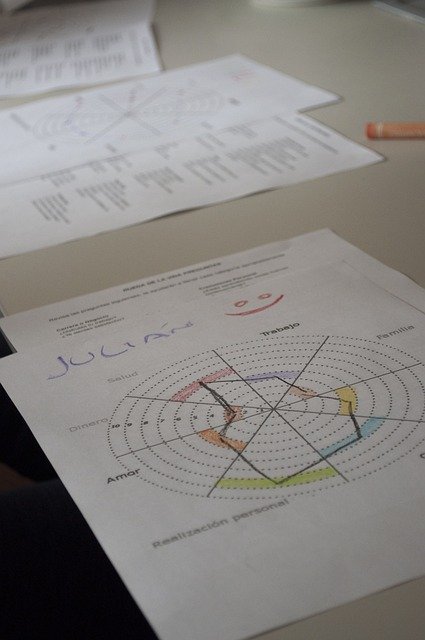Understanding Liposuction And Clinical Trial Opportunities in the US
Liposuction in the US is a procedure often used to remove fat deposits and improve body contour. While it’s commonly associated with cosmetic surgery, it’s also being studied in clinical settings to better understand its effects, risks, and potential benefits beyond aesthetics. Some research centers are exploring how liposuction may impact metabolism, health markers, or post-weight loss body changes. These studies are not widely advertised and often have strict eligibility guidelines. Learning more about what liposuction involves — from the procedure itself to recovery expectations — can help determine if taking part in a study might be a suitable option. For those interested in contributing to medical research while gaining insight into body fat removal, understanding available opportunities is an important first step.

What exactly is liposuction and how does it work?
Liposuction is a surgical procedure that removes subcutaneous fat through small incisions in the skin. A thin tube called a cannula is inserted into these incisions and connected to a vacuum device. The surgeon then manipulates the cannula to break up fat cells and suction them out of the body. This technique can be applied to various areas, including the abdomen, thighs, arms, and chin. Modern liposuction methods may incorporate technologies such as ultrasound or laser assistance to facilitate fat breakdown and removal.
How does liposuction differ from other fat reduction methods?
Unlike non-invasive fat reduction techniques like cryolipolysis or radiofrequency treatments, liposuction offers immediate and more significant fat removal. It allows for precise contouring of specific body areas and can address larger volumes of fat. However, liposuction is a surgical procedure that requires anesthesia and a recovery period. Non-invasive methods, while generally less effective for substantial fat removal, offer minimal downtime and fewer risks associated with surgery.
What are the potential health benefits of liposuction beyond aesthetics?
While traditionally viewed as a cosmetic procedure, research is exploring potential health benefits of liposuction. Some studies suggest that removing subcutaneous fat may lead to improvements in insulin sensitivity and blood lipid profiles, particularly in individuals with metabolic disorders. Additionally, liposuction may help alleviate symptoms associated with lipedema, a chronic condition characterized by abnormal fat accumulation in the limbs. However, it’s important to note that these potential health benefits are still being investigated and are not the primary indication for liposuction procedures.
How do clinical trials study the effects of fat removal?
Clinical trials focusing on liposuction aim to understand its impact beyond cosmetic outcomes. Researchers may measure changes in various health markers before and after the procedure, including blood pressure, cholesterol levels, insulin sensitivity, and inflammatory markers. Some studies track long-term changes in body composition and weight distribution. Others investigate the procedure’s psychological effects on body image and self-esteem. These trials often involve a combination of physical examinations, blood tests, imaging studies, and questionnaires to comprehensively assess the procedure’s effects.
What should you know before participating in a liposuction research study?
Participating in a liposuction clinical trial requires careful consideration. Eligibility criteria are often strict, potentially including factors like body mass index, overall health status, and absence of certain medical conditions. Participants should understand that the primary goal is research, not personal benefit. The study may involve additional procedures, follow-up appointments, and lifestyle restrictions. It’s crucial to thoroughly review the informed consent document, which outlines the study’s purpose, procedures, risks, and potential benefits. Participants should also consider the time commitment required and any potential costs not covered by the study.
What are the current liposuction clinical trial opportunities in the US?
Clinical trials for liposuction in the United States vary in focus and availability. Some current areas of research include:
| Study Focus | Institution | Key Eligibility Criteria |
|---|---|---|
| Metabolic effects of abdominal liposuction | University of Miami | BMI 30-35, age 30-60, no diabetes |
| Liposuction for lipedema treatment | Stanford University | Diagnosed lipedema, BMI <40, age 18-65 |
| Long-term body composition changes post-liposuction | Mayo Clinic | BMI 25-30, age 25-50, no prior liposuction |
| Psychological impact of liposuction | Northwestern University | BMI 25-35, age 21-55, body image concerns |
Prices, rates, or cost estimates mentioned in this article are based on the latest available information but may change over time. Independent research is advised before making financial decisions.
In conclusion, liposuction continues to evolve beyond its cosmetic roots, with clinical trials exploring its potential health impacts. These studies offer opportunities for individuals to contribute to medical research while potentially benefiting from the procedure. However, participation requires careful consideration of the risks, commitments, and potential outcomes. As research progresses, our understanding of liposuction’s broader effects on health and well-being will likely expand, potentially opening new avenues for its application in medical treatments.
This article is for informational purposes only and should not be considered medical advice. Please consult a qualified healthcare professional for personalized guidance and treatment.




